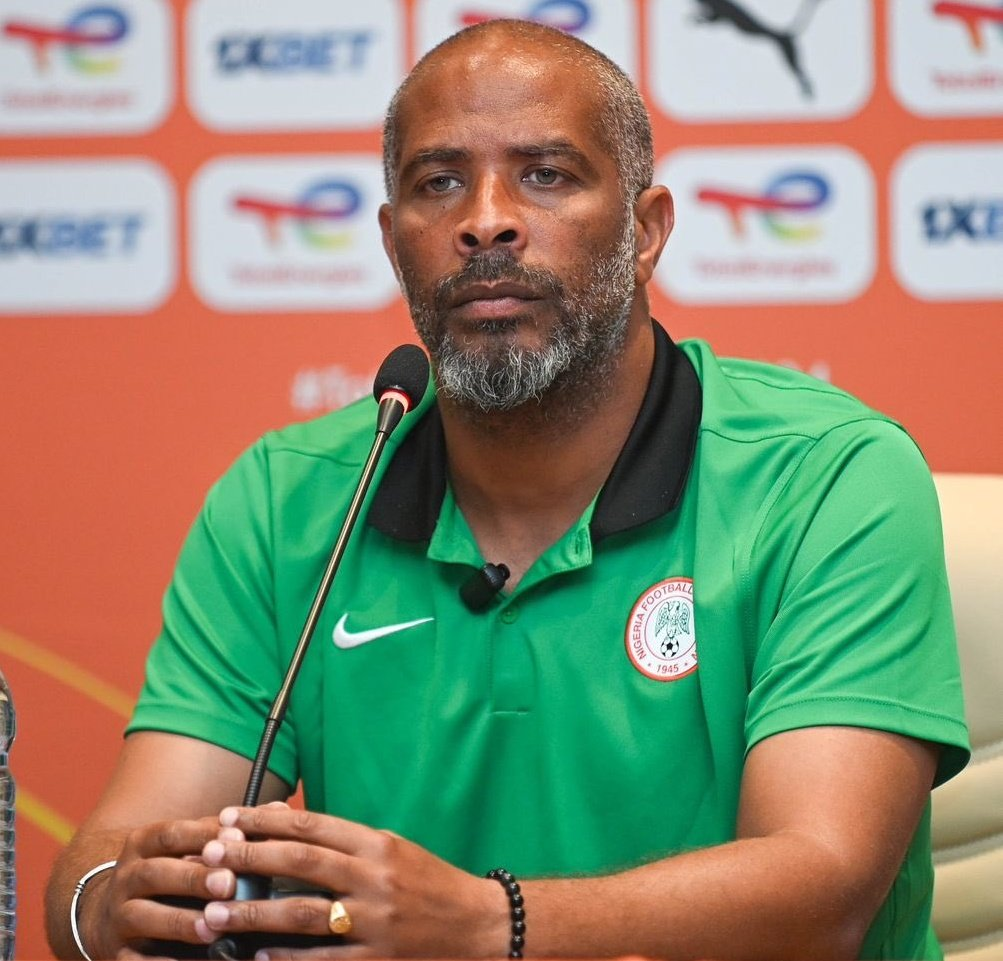The Nigerian Senate has passed the Student Loans Access to Higher Education (Repeal and Re-Enactment) Bill, 2024, aimed at enhancing access to higher education funding for students.
This legislative milestone follows the consideration of a report presented by the Committee on Tertiary Institutions and Tertiary Education Trust Fund (TETFUND), chaired by Sen. Mohammed Muntari representing Katsina South.
This is as the bill, last week, passed a second reading.
President Bola Tinubu had previously urged the Senate and House of Representatives to repeal the existing Student Loan (Access to Higher Education) Act and enact a new one to address challenges hindering the effective implementation of the Higher Education Student Loan Scheme.
These challenges include issues related to the management structure of the Nigerian Education Loan Fund (NELF), applicant eligibility requirements, loan purposes, funding sources, and disbursement and repayment procedures.
The passage of this bill comes in response to the temporary suspension of the student loan system announced earlier. The system aims to provide low-interest loans to Nigerian students in tertiary institutions to facilitate the completion of their studies.
Additionally, the Senate debated a motion sponsored by Sen. Adebule Oluranti representing Lagos West, which highlighted the urgent need to address the issue of out-of-school children in Nigeria.
According to UNESCO statistics, the current number of out-of-school children in the country stands at a staggering 20 million.
During the debate, lawmakers emphasized the importance of reducing the number of out-of-school children and holding state governments accountable for their educational responsibilities.
Sen. Oshiomhole urged the Senate to compel appropriate agencies to publish the percentage of out-of-school children in each state, exposing defaulting state governments neglecting their educational duties.
In response, the Senate passed resolutions urging the judiciary in all 36 states to establish mobile courts for the enforcement of the Universal Basic Education (UBE) Act.
Additionally, the Senate mandated its Committee on Education to collaborate with the Ministry of Education to reduce the number of out-of-school children within a two-year timeframe and ensure the effective implementation of the UBE Act.



























